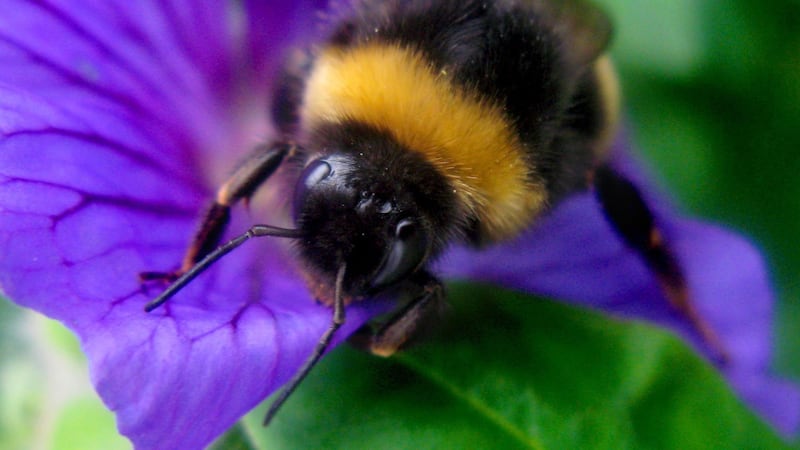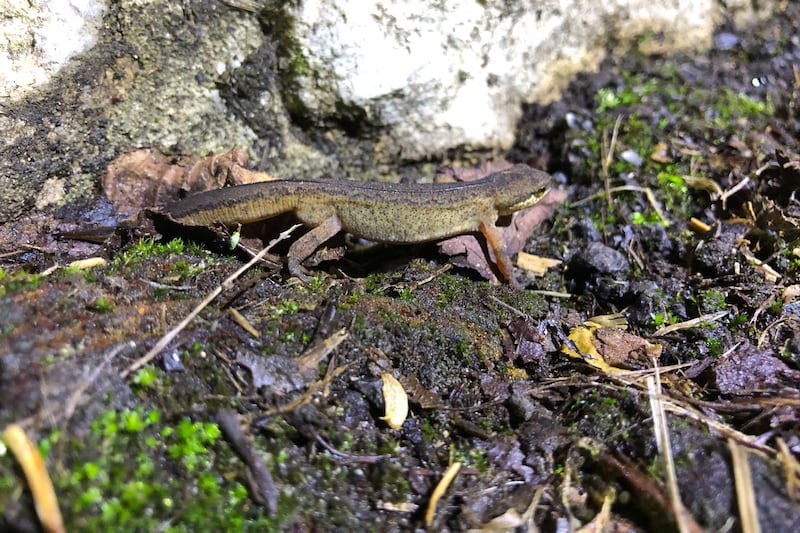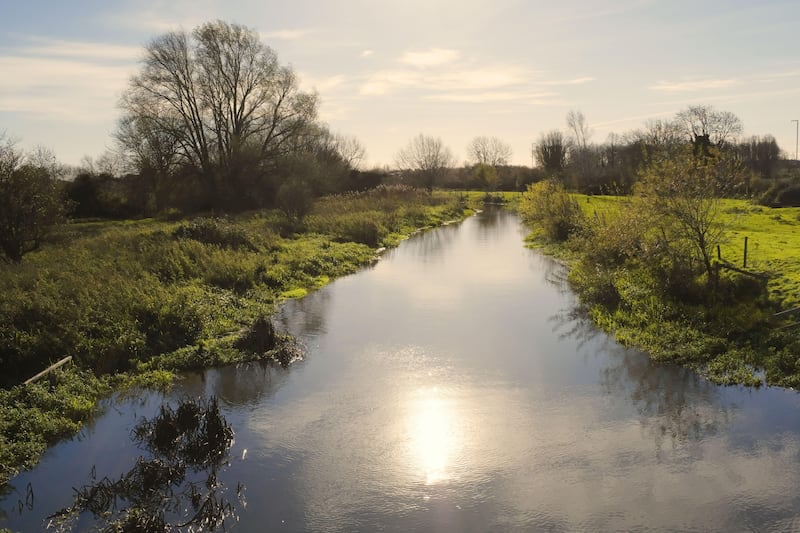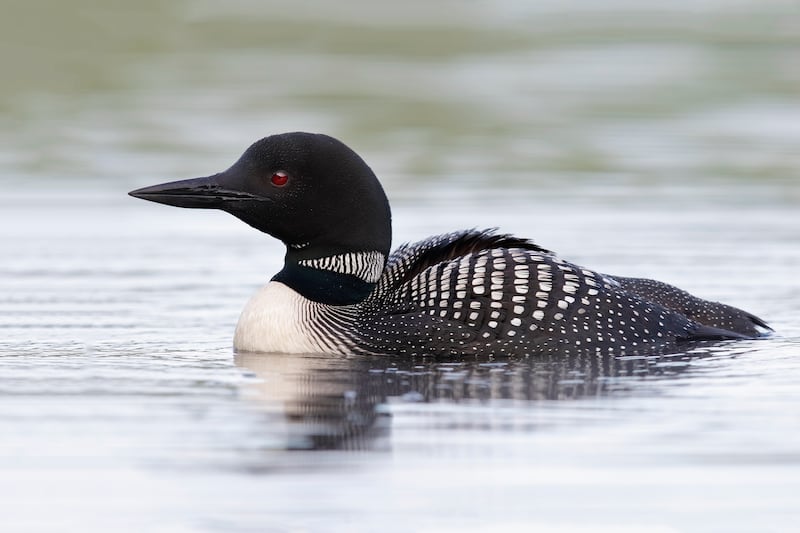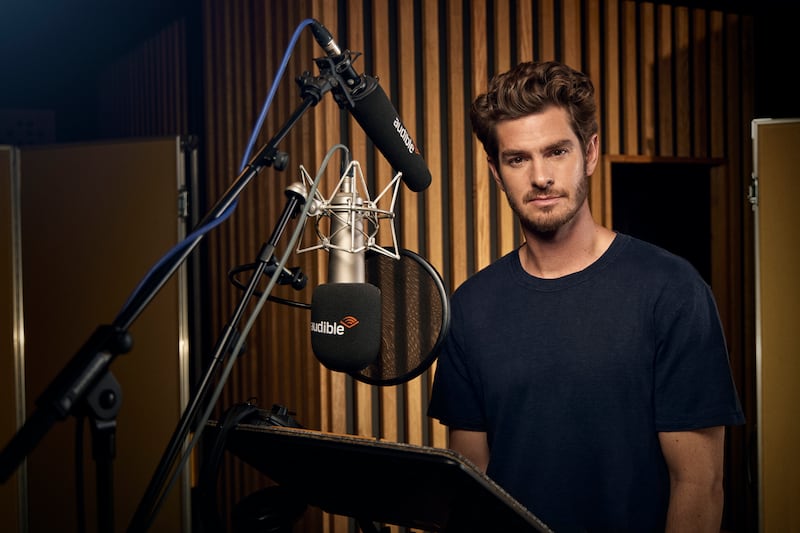People on Twitter are marking Don’t Step On A Bee day by sharing the best ways to take care of our pollinating friends.
It's National 'Don't Step On A Bee Day'! BEE extra careful and help to protect our precious bees! #DontStepOnABeeDay #BEEcareful pic.twitter.com/3KxErzAdGx
— Milkshake Vets (@MilkshakeVets) July 10, 2017
We fill you in on why bees are so crucial to our eco-system and how we can take better care of them.
Why are they so special?
Bees are the world’s biggest pollinators. Britain’s honeybees are responsible for pollinating around a third of the food we eat, creating 6,000 tonnes of honey whilst doing so.
Are honeybees and bumblebees the same?
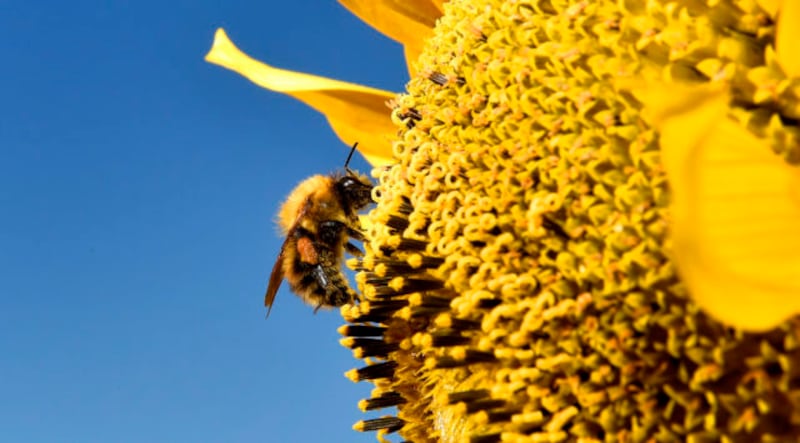
Definitely not.
Honeybees, of which there is only one species in Europe, produce the honey us humans love to eat. They are skinnier and look more similar to a wasp. They also live in much larger colonies numbering between 20,000 and 60,000 bees.
According to the Bumblebee Conservation Trust, there are over 25 species of bumblebee in the UK. To help you identify them, you can download the Bumblebees of Britain and Ireland app.
It's national #DontStepOnABeeDay! So here is an extra cute and fluffy one that you'd never want to squish ♥️🐝 pic.twitter.com/gzV82jaUOI
— The Wildlife Trusts (@WildlifeTrusts) July 10, 2017
Both bumblebees and honey bees are specially adapted to collect pollen. Their bodies are covered in fine hairs which keep pollen stuck to them before being passed down to special pollen baskets on each back leg for transport.
What’s threatening these important pollinators?
Threats to bumblebees and honeybees are slightly different.
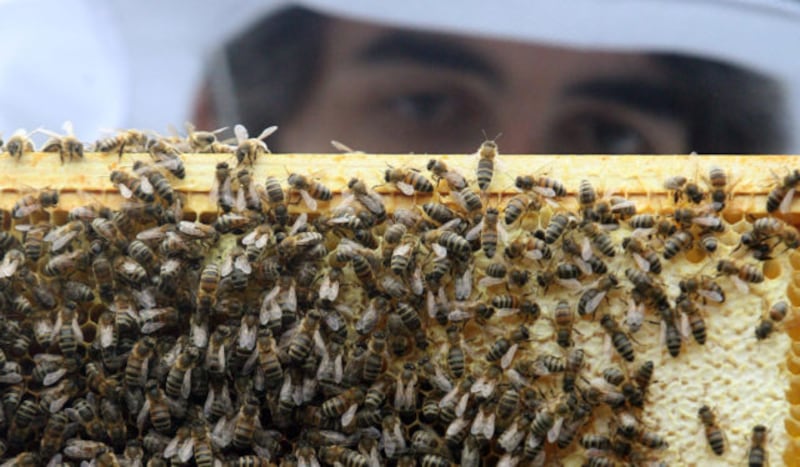
Honeybees are particularly susceptible to mites and diseases they carry, whereas the main threat to bumblebees is a lack of flowers and suitable places to nest in the countryside.
Both are under threat from insecticides containing neonicotinoids, which the EU banned farmers from using on crops which are considered attractive to bees in 2013.
A study released on June 30 concluded neonicotinoids caused “a reduced capacity of bee species to establish new populations in the year following exposure”.
How can I help?
If you see a bee struggling in the heat, feed it a few drops of sugar water to give it some energy, and try to protect it from wandering human feet.
#dontsteponabeeday Found an exhausted Bumble Bee?Mix 1 Tsp water & 2 Tsp sugar and give it a few drops, it will drink, recover & fly away ?? pic.twitter.com/DoCK2bv5kQ
— Miss Donna Babington (@MissBabington) July 10, 2017
You could also create a bee’s paradise in your garden at home by planting pollen-rich plants, providing a water source for the bees to drink from and little hideyholes for them to hang out in.
British Bees, Bee hotels… Raising awareness on the blog #savethebees https://t.co/oGwTrkqlIW #dontsteponabeeday h… pic.twitter.com/QOFavh5Omp
— Po-Zu Shoes (@Po_Zu) July 21, 2016
